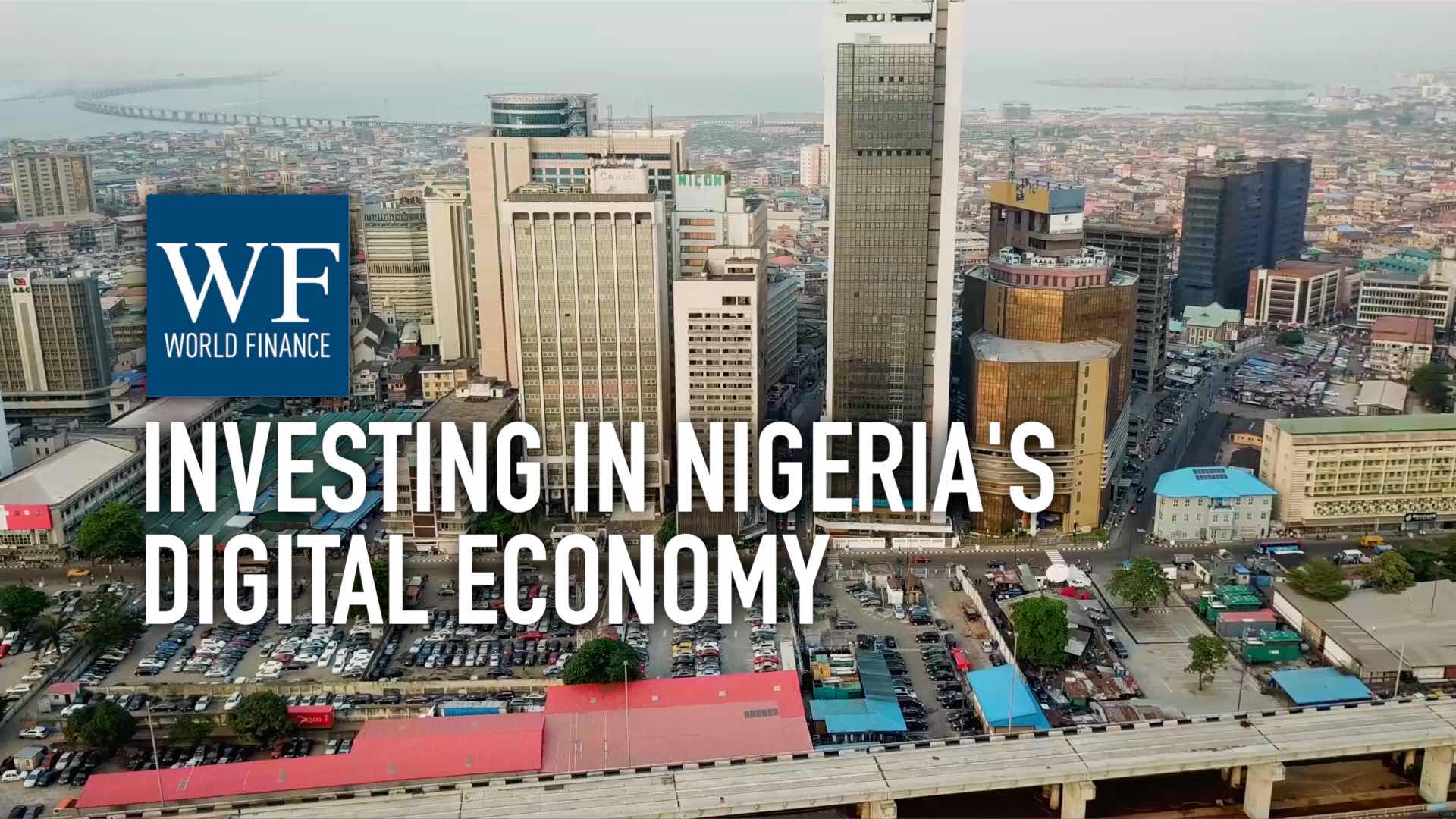First Bank of Nigeria targets 30m customers in financial inclusion drive
Supporting priority industries and growing Nigeria's bankable population is core to First Bank's strategy, explains Dr Adesola Adeduntan
Related:
Transcript
Nigeria’s economy has been severely punished by the ongoing slump in oil prices: crude sales make up more than 90 percent of the country’s export earnings. In a global economy of continuing uncertainty and dramatic change, what does the future hold for Nigeria? Dr Adesola Adeduntan, MD and CEO of First Bank of Nigeria, explains how the business is helping the country grow. Watch the second half of our conversation with Dr Adeduntan, about the huge growth potential for Nigeria’s agricultural industries.
World Finance: What’s First Bank’s global business outlook for 2017?
Dr Adesola Adeduntan: At First Bank, overall we are cautiously optimistic. We keep on focusing on development in the economy of the US, given the impact that it has on the global economy.
The Chinese economy is another economy of interest to us in Africa, given the fact that China is a major importer of commodities, and most of the economies in Africa are commodity dependent.
As you rightly highlighted, Nigeria is an oil-dependent country. What has happened in the course of 2016 is that the price of crude oil has relatively stabilised around $50 to a barrel. The level of production has also gone up. And we’re already beginning to see the impact of these two fundamental changes in the quantum of foreign currency that is available to fund growth in the economy.
So, when you look at where we are today as a country, and we look at where we were in 2016, generally we are more positive about the trajectory in which the economy is growing. And for us as First Bank, the largest financial institution in the country, we are fully embedded in the economy of Nigeria.
For First Bank it is not just about profitability; it’s also about supporting growth, the general growth, in the economy.
World Finance: You describe First Bank as being really embedded in the Nigerian economy; as the Nigerian economy continues to grow, how are you going to ensure that First Bank’s growth matches or exceeds that?
Dr Adesola Adeduntan: As we move into the execution phase of our current business strategy, it’s about financial inclusion, it’s about leveraging technology to pull more people into the banking segment.
So, we do have this very ambitious plan to grow the number of customer accounts from where it is today – about 14.5 million customer accounts – we plan to grow that to about 30 million customer accounts in the course of three to four years.
We have the largest branch network – in excess of 750 branches. We also have the largest number of ATMs. We have the largest customer base. We have the largest number of subscribers. So, we are fully embedded into the economy.
We have identified the growth areas that are priority to the government, and we are giving very targeted support into those areas. So, SMEs for example is an area we have always focused on. We are the biggest lenders to SMEs in the country, and that continues to be an area of focus.
World Finance: With the largest branch network in Nigeria, how are you keeping costs efficient?
Dr Adesola Adeduntan: We set ourselves a very ambitious cost-to-income ratio target, and within one year of implementing our strategy, we’re actually number two in terms of cost-to-income ratio.
Over the next 24 months, we will centralise transaction processing in a single location. We will standardise processing in that single location. It’s expected to enhance the quality and the strength of our culture and environment.
Our cost to serve is expected to come down. And when our cost to serve comes down, that means more value will trickle down to the bottom line for our shareholders.
World Finance: And how are you maintaining a sustainable capital adequacy ratio?
Dr Adesola Adeduntan: We continuously evaluate our capital position. We evaluate our business plan, and our business development, and we ensure that both go hand in hand.
So with that process – which is being handled at the very senior level of our institution – our capital is continuously monitored and managed.
World Finance: So the future for First Bank: optimised and optimistic.
Dr Adesola Adeduntan: The future is very, very bright. With all the changes that we’re making, we see significant enhancement of our values over the next three years. And for our investors and our key stakeholders, it can only be positive for them.
World Finance: Dr Adeduntan, thank you very much.
Dr Adesola Adeduntan: Thank you.

 Banco Popular Dominicano: Digitalising Dominican finance
Banco Popular Dominicano: Digitalising Dominican finance Zenith Bank is ‘at the forefront of encouraging Nigeria’s upcoming digital economy’
Zenith Bank is ‘at the forefront of encouraging Nigeria’s upcoming digital economy’
